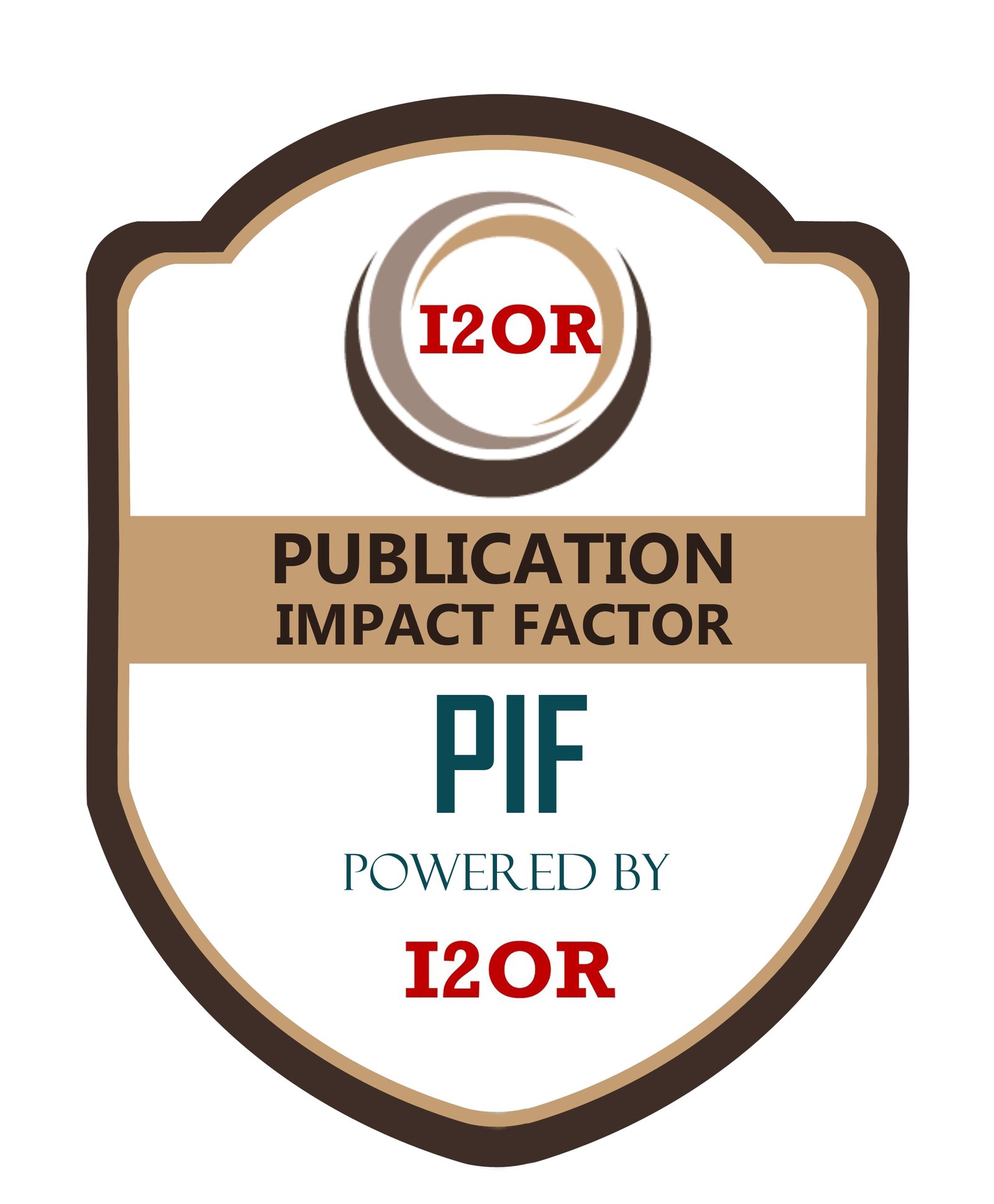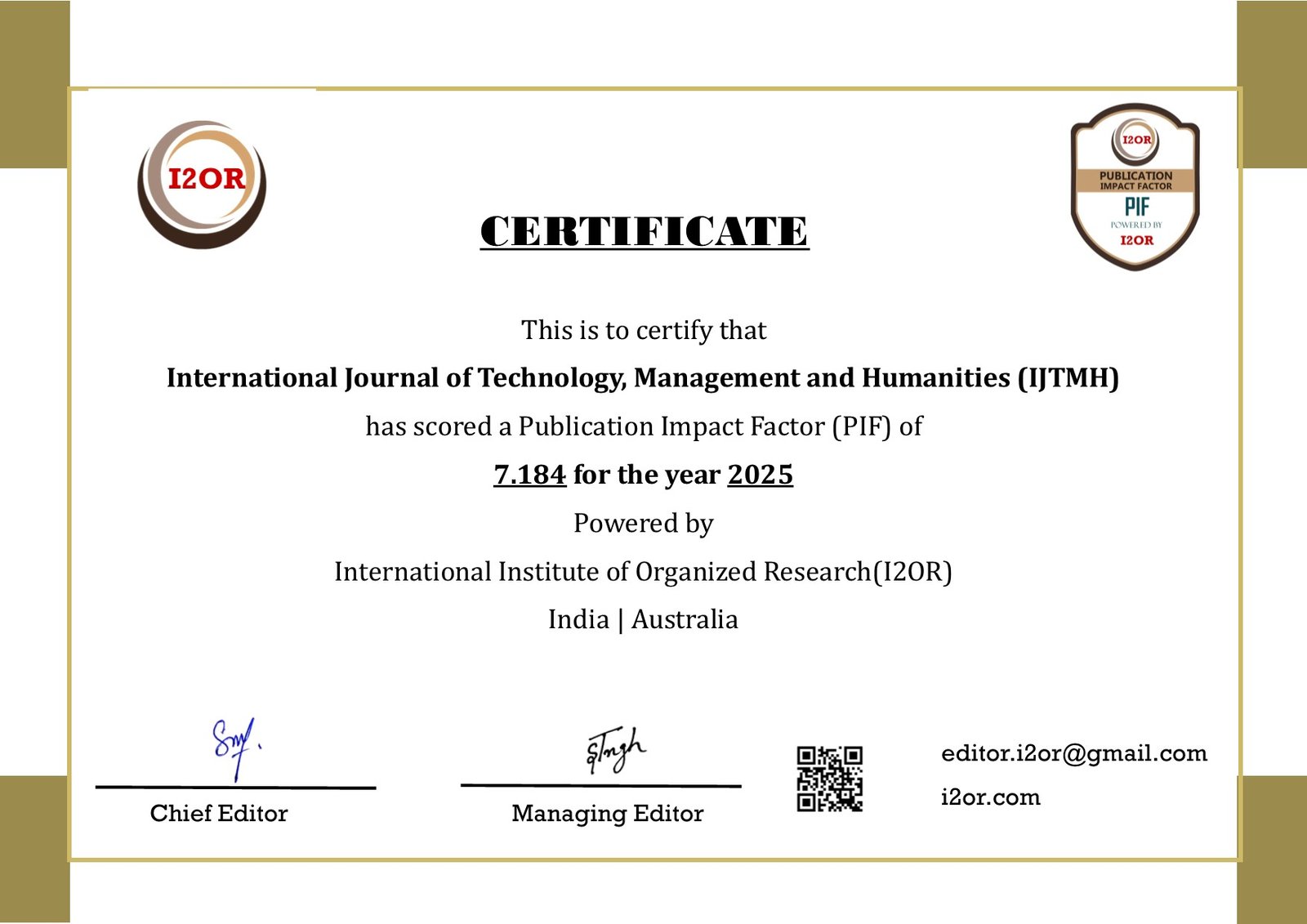Causal Inference in Business Decision-Making: Integrating Machine Learning with Econometric Models for Accurate Business Forecasts
DOI:
https://doi.org/10.21590/2885fr16Keywords:
Causal Inference, Machine Learning, Econometrics, Business Forecasting, Predictive Analytics.Abstract
In the contemporary world of increasingly data driven business, decision makers encounter a twofold issue of finding precise projections and gaining insights on how the cause and effect work. The tame econometric models offer a strong framework on which causal inference can be formulated but they are sometimes limited when it comes to dealing with complex high-dimensional data. Machine learning (ML) methods can be contrasted with extracting causality where a black box is transparent in causal interpretation but not in prediction and patterns. This article discusses how useful machine learning can be as an effort in synergizing it with econometric models to benefit business surveys in causal assumptions. Through the analysis of the critical methodological synergies (the application of causal forests, targeted maximum likelihood estimation (TMLE), and uplift modeling) the study proves that the integration of the strengths of predictive ability of machine learning and the inference strength of econometrics can provide more specific and useful information.
The paper demonstrates the application of these hybrid methods based on the case studies in a wide range of the retail price, workforce productiveness, and marketing analytics. In the analysis, one does not merely see improvement in terms of forecast precision but also improvement in terms of supporting policy and investment decisions to be made with causality. The interpretation constraints, the selection problem, and ethical issues are also evaluated critically. The results give recommendation to the fact that an integrative model holds stronger and responsive business approaches which is opening up to evidence-based leadership in complicated circumstances in the market. Finally, the work has already entered the developing debate on interdisciplinary analytics, arguing that a reciprocating approach should rely on both predictive and explanatory research.







